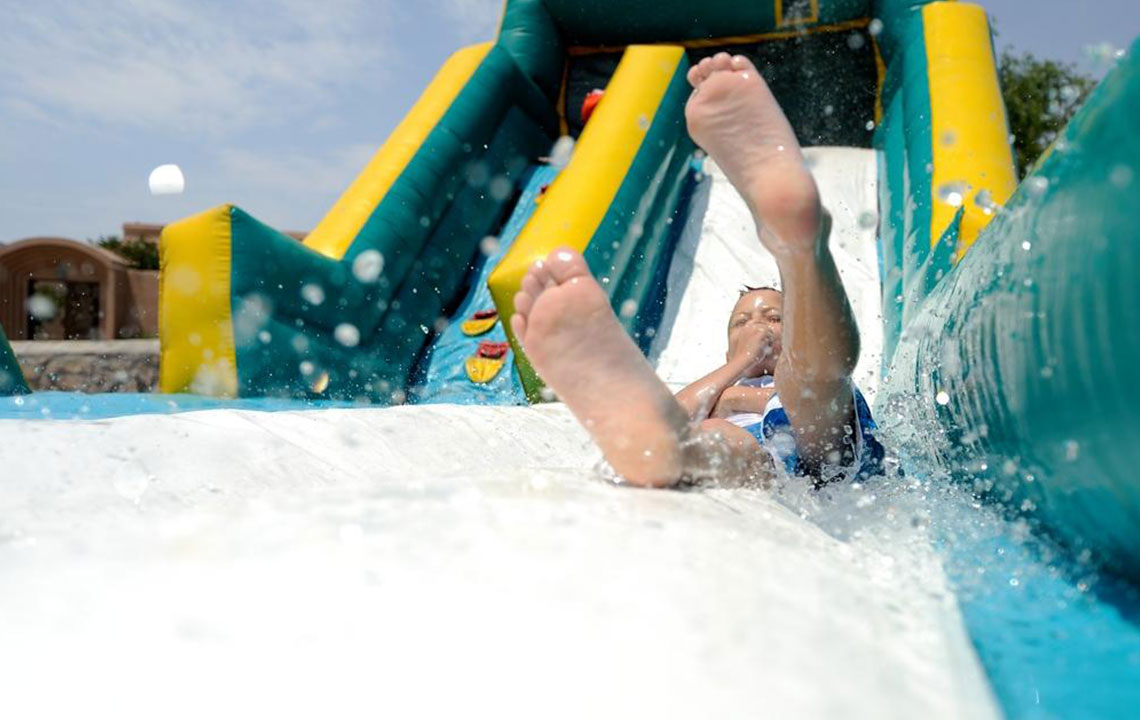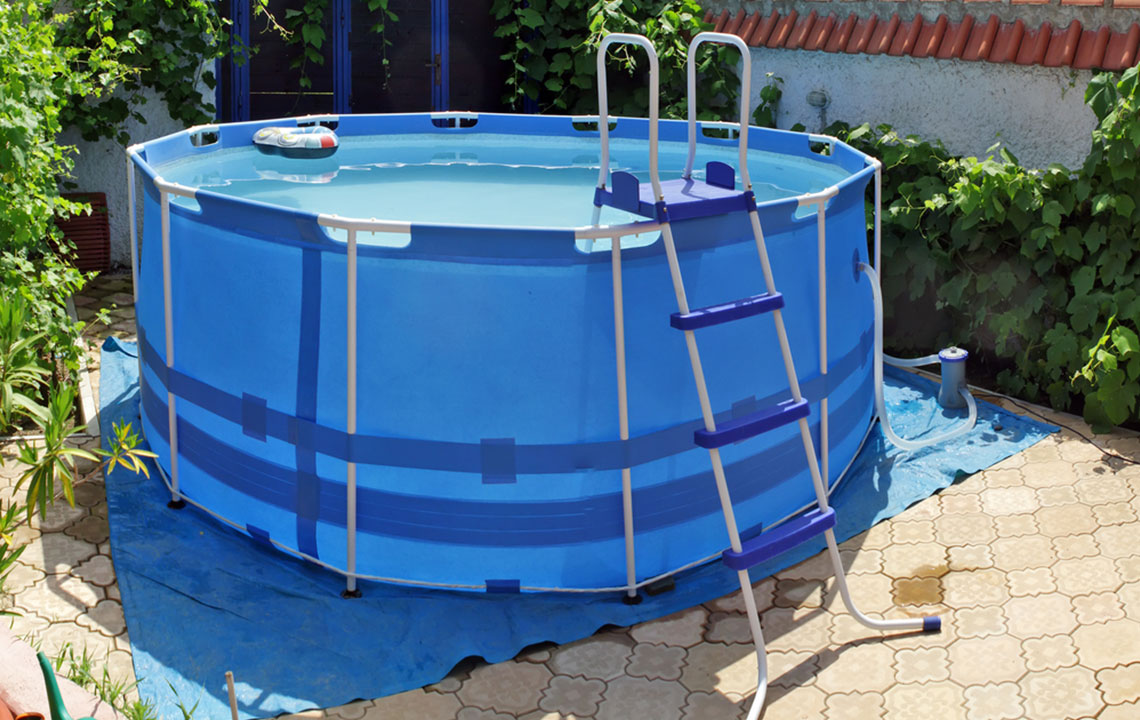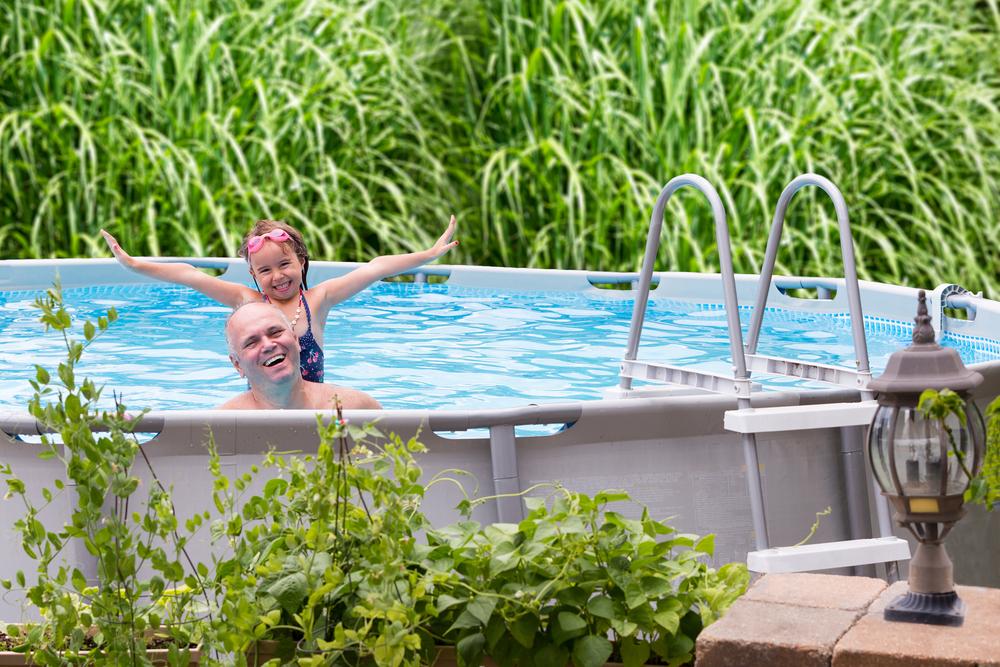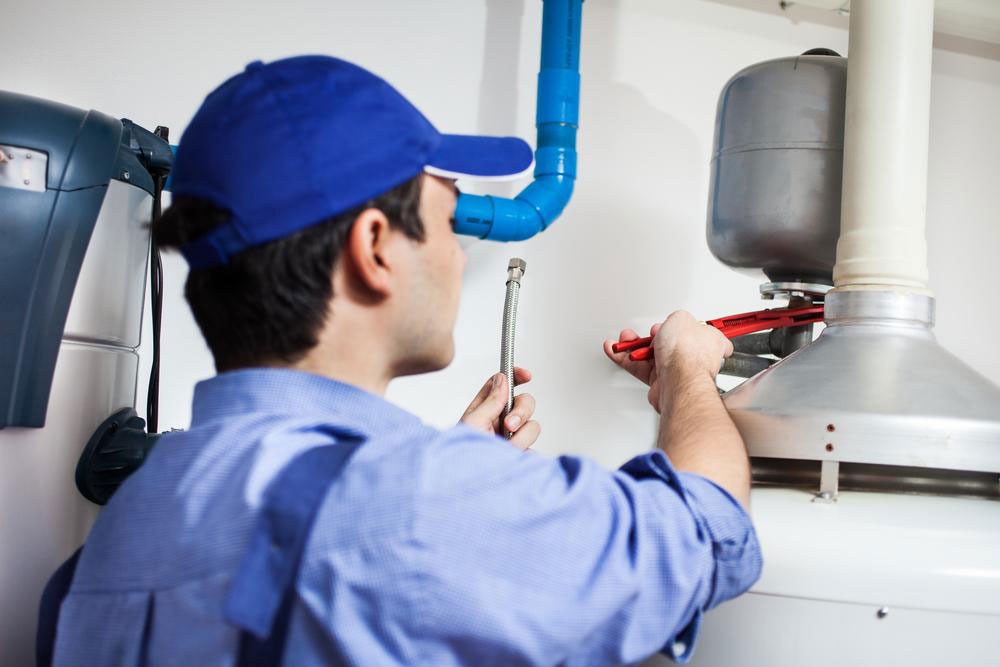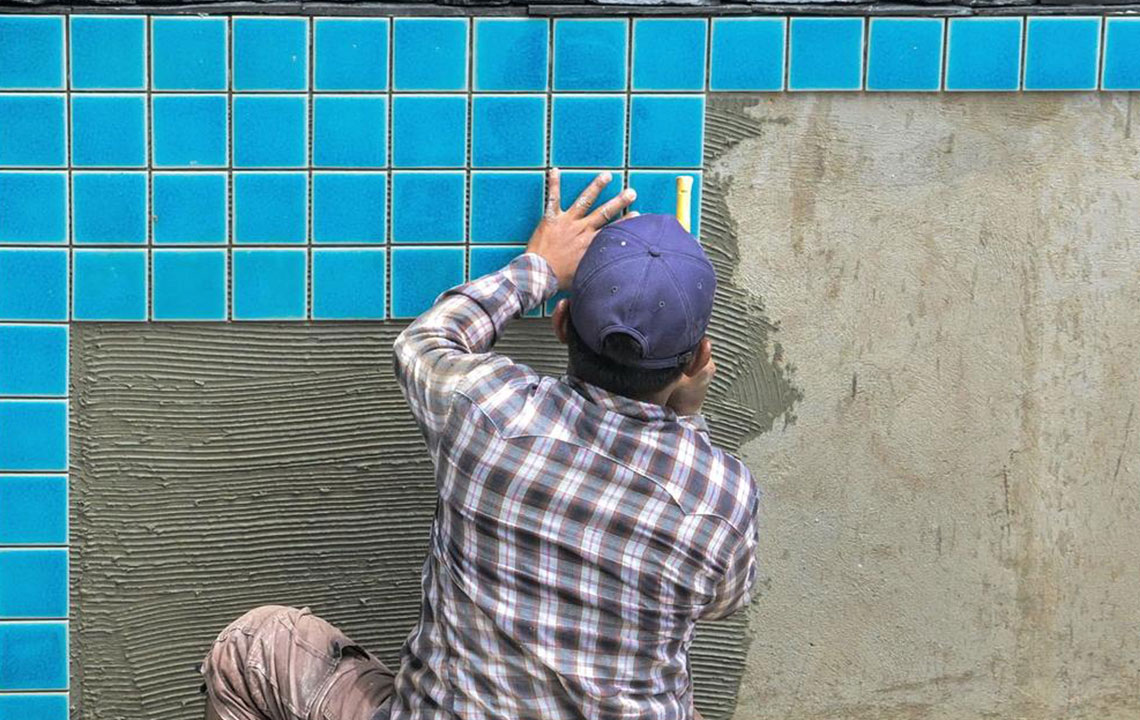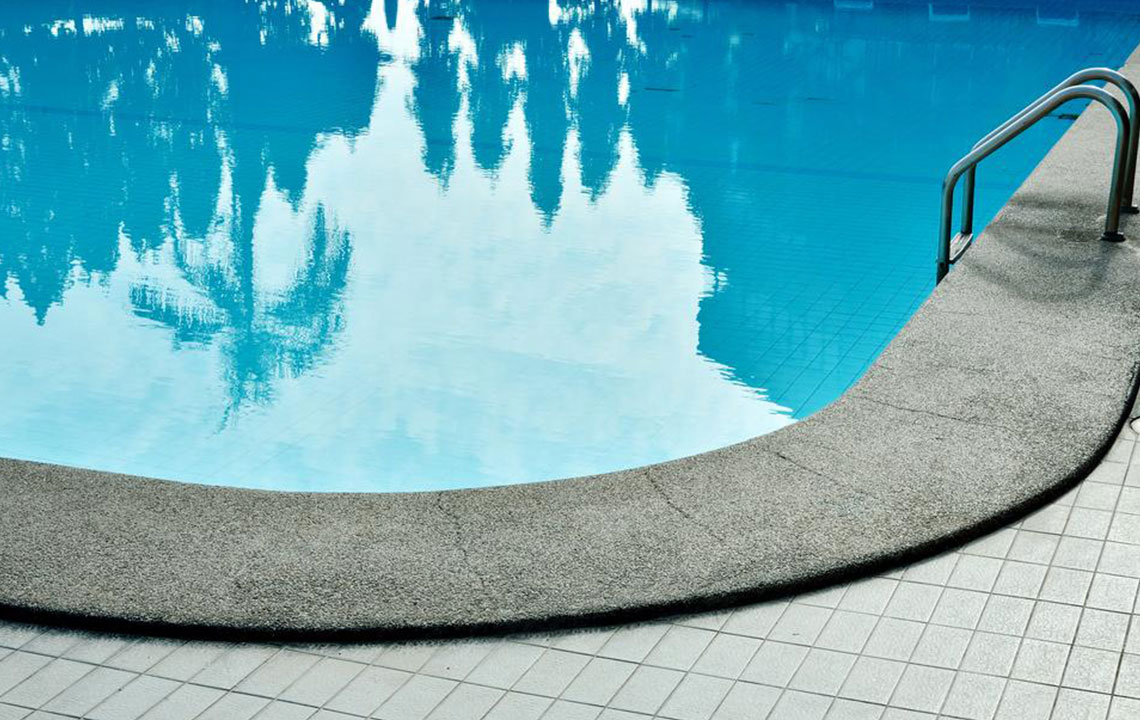Comprehensive Guide to Choosing the Perfect Pool Heating System for Your Backyard Oasis
This comprehensive guide helps homeowners select the perfect pool heating system to enjoy their pools year-round. It covers key aspects such as sizing, energy sources, and installation considerations, ensuring optimal comfort, efficiency, and value. By understanding these factors, you can make informed decisions to extend your pool's usability beyond the summer months and create a relaxing backyard oasis all year long.
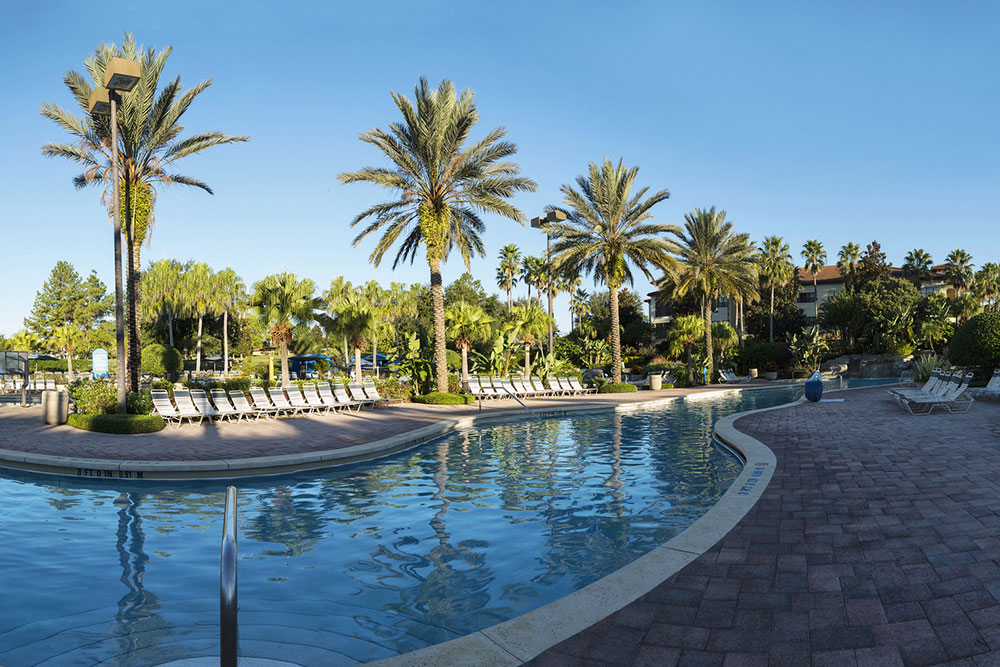
Choosing the Right Pool Heating System to Enhance Your Swimming Experience Year-Round
Having an in-ground swimming pool adds significant value and enjoyment to any home, offering a perfect escape for relaxation and recreation during the warm months. However, during colder seasons, the usability of your pool diminishes, which can be disappointing for pool owners eager to extend their swim seasons. Installing an effective pool heating system transforms your backyard into a year-round retreat, ensuring that you can enjoy warm, comfortable water regardless of outside temperatures. Properly selecting the right pool heater involves understanding various factors such as the size of your pool, your heating preferences, and the energy sources available to you, all of which influence efficiency, costs, and long-term satisfaction.
1. Evaluate Whether You Need a New Heating Unit or a Replacement
Before diving into options, determine if your current pool heating system requires replacement or if you need a brand-new setup. For existing systems, examine the current heater's specifications, model, and condition. Accurate measurements of your pool's size and capacity are essential to ensure compatibility with the new unit, avoiding issues related to size, power requirements, or installation constraints. If it’s a replacement, matching the new heater's specifications with the existing setup can save time and money. Conversely, if you’re installing a new system entirely, additional considerations include installation costs, potential modifications to existing plumbing or electrical systems, and budget planning to accommodate these expenses. Working with a professional can help determine the best options suited for your pool's size and your preferred usage patterns.
2. Size the Heater Based on Your Pool’s Volume and Temperature Goals
One of the most critical aspects of selecting a pool heater is sizing it correctly. The capacity of the heater must match your pool’s water volume—whether it’s in gallons or liters—and your desired temperature increases. Larger pools require more powerful heaters to achieve and maintain comfortable water temperatures efficiently. For example, a small backyard plunge pool might need a modest electric heater, whereas a large inground pool could require a high-capacity gas heater. Proper sizing helps prevent overworking the heater, reducing energy consumption and extending its lifespan. Additionally, your target water temperature influences the heater size; higher desired temperatures demand increased heating power. Consulting with a pool heating specialist or using online calculators can help you determine the ideal heater size for your unique pool and comfort preferences.
3. Choose the Right Energy Source for Your Pool Heating System
The availability and cost of energy sources in your area significantly influence your heater choice. Common options include natural gas, propane, electricity, solar energy, and heat pumps. Each has its advantages and considerations:
Natural Gas and Propane Heaters: These traditional options offer rapid heating and are effective for large pools. However, they may entail higher operating costs depending on fuel prices and have some environmental impacts.
Electric Heaters: These are excellent for small pools or spas, offering efficient heating with simpler installation. They tend to have higher operational costs in regions with expensive electricity but are clean and easy to maintain.
Solar Pool Heaters: Utilizing solar energy is an eco-friendly and cost-effective option in sunny climates. While installation costs can be high, operating expenses are minimal, making them ideal for environmentally conscious homeowners.
Heat Pumps: These systems extract heat from the ambient air, providing efficient and environmentally friendly warmth. They work well in moderate climates and can reduce energy consumption significantly.
Modern trends favor integrating renewable energy sources, such as solar and heat pumps, to reduce environmental impact and operational costs. Evaluating local energy prices, environmental factors, and your pool usage frequency can help determine the most economical and sustainable choice.
Beyond these primary considerations, other factors such as the climate in your area, your budget, and long-term energy expenses play crucial roles in making the best decision. Consultation with professional pool installers or energy experts is highly recommended to optimize your investment and ensure a comfortable, efficient swimming environment year-round.
In conclusion, selecting the ideal pool heating system involves a comprehensive understanding of your specific needs, pool size, desired water temperature, and available energy sources. Whether you prefer a gas, electric, solar, or heat pump heater, making an informed decision will enhance your swimming experience, extend your swimming season, and add value to your home. Proper installation and regular maintenance will ensure that your pool remains inviting and warm, providing endless enjoyment regardless of the season.
